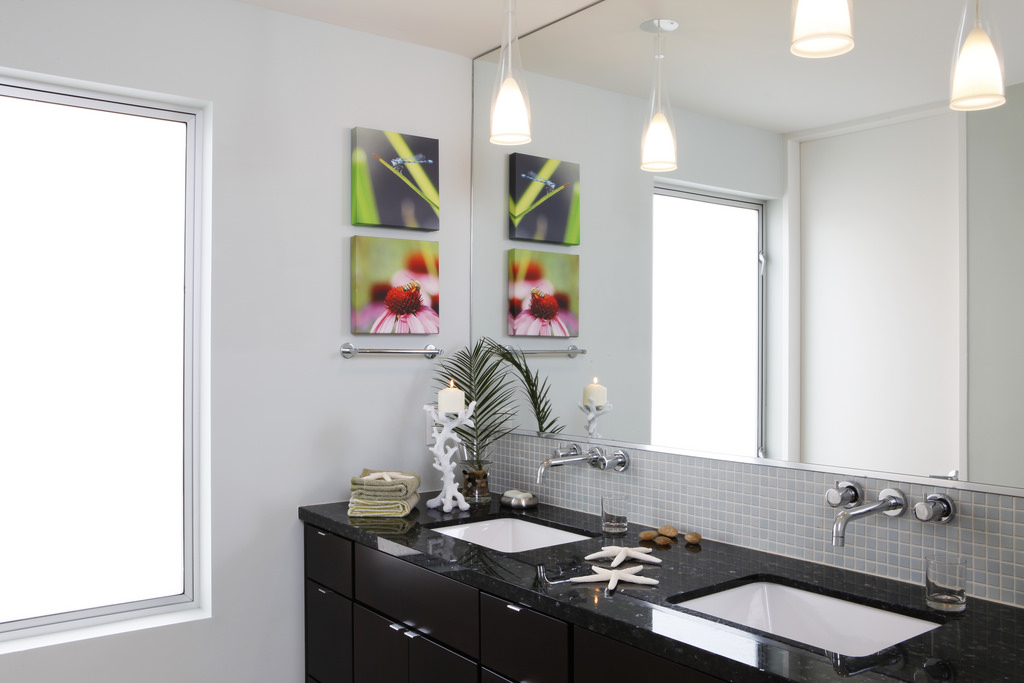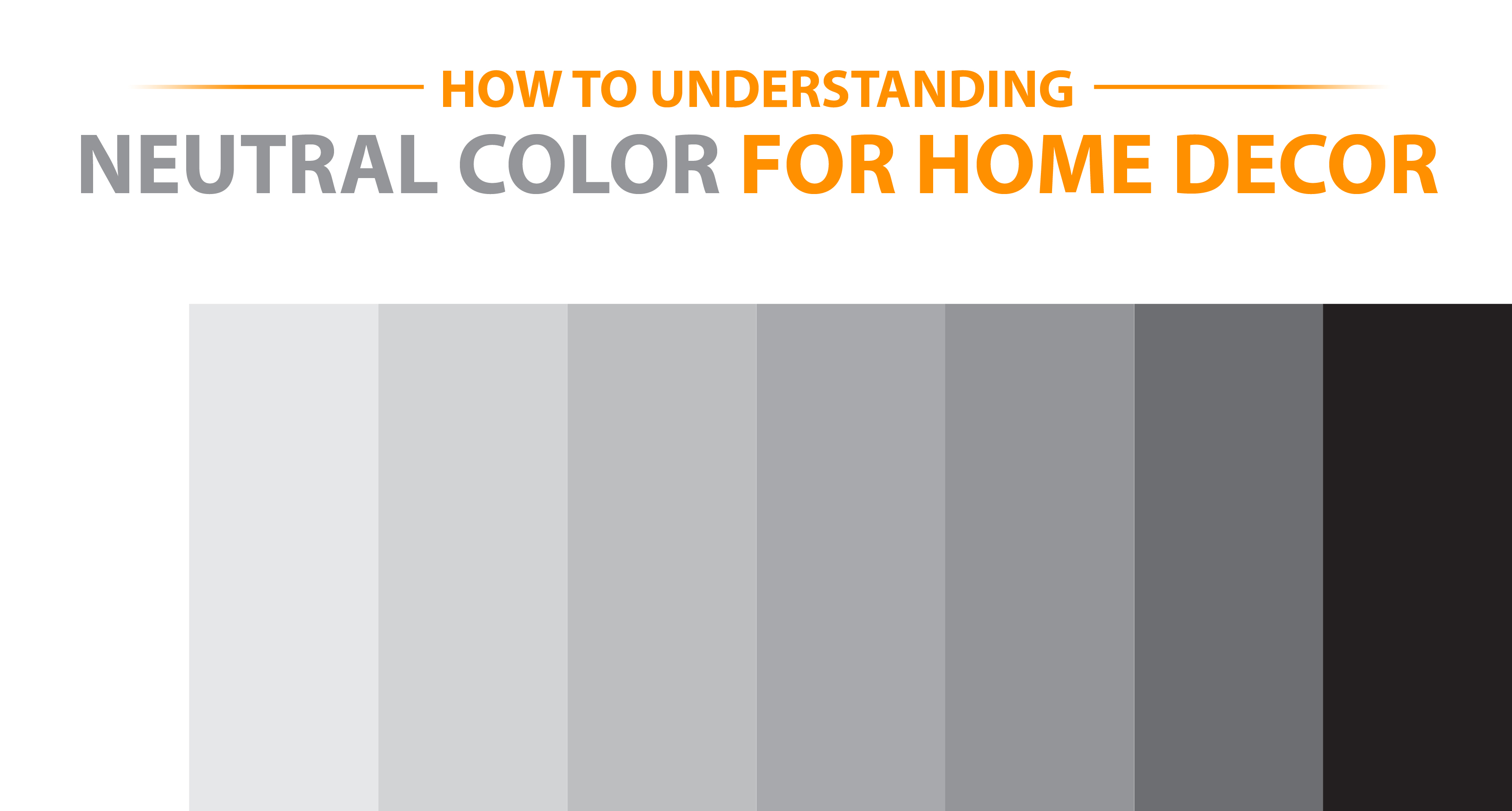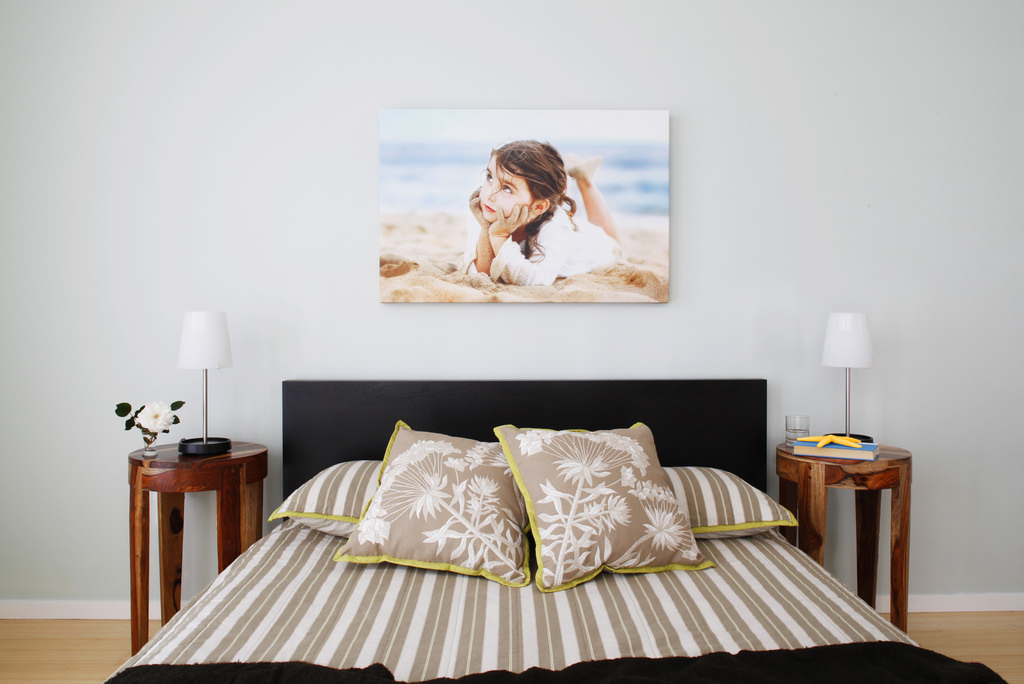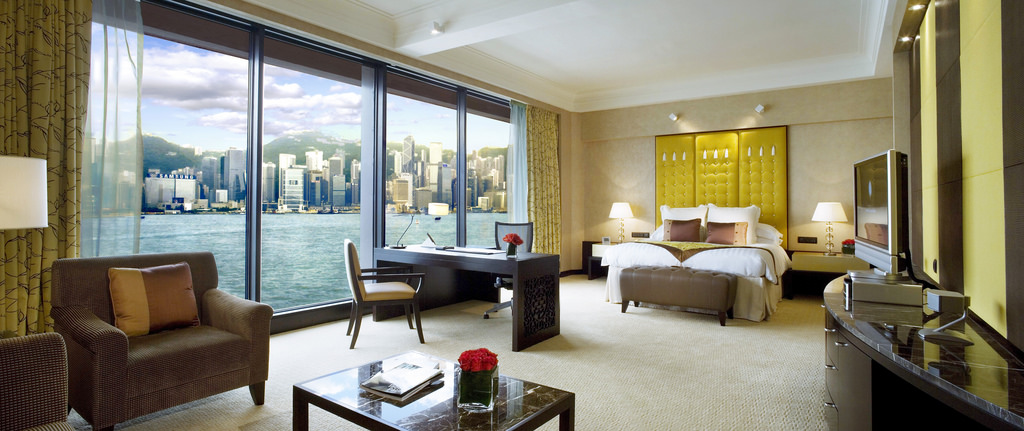How to Understanding Neutral Color Scheme for Home Decor
In the previous discussion, we have discussed how to understanding the color wheel for home design. Well, in this discussion we will continue our discussion about neutral color scheme for home decor. This topic is selected because we sometimes do not know exactly about what is a neutral color. This is the basic theory for home decorating that we often forget. Hopefully, with this short article can add to a deeper understanding of neutral colors.
The Neutral Color Scheme
There are only three true neutral colors: white, black, and gray. However, there are also other colors were considered as a neutral color, such as broken white, cream, beige, taupe, and light brown colors on the rocks, wood, plain linen, or wool.
Basically, neutral color scheme create a harmonious, and is often effective to create the feel of highly contemporary. But the cleanliness of neutral color is difficult to maintain. The basic rules of interior design are to consider the practicality in addition to its beauty. It would be impractical, for example, decorate the lobby using pale cream color with a grayish-white carpet were would be crossed by many guests, muddy feet, or even bicycle wheels and strollers every day. But even so, the color scheme like this will provide a calming atmosphere in the main bedroom.
Black and white, especially if it used for creating a pattern of “bold”, is a combination of the most interesting and most disturbing, and should be used cautiously.
Adding Colors Accents
Accent colors can not only be applied to the accessories, but also on patterned fabric, wallpaper, and floor. The dominant color in a pattern must in line with the main scheme, in which the secondary colors stand out at the other plain accessories.
To create a color balance, add warm colors accent on a cool scheme, cool color accent on a warm scheme, and bright and strong colors at a neutral color scheme.
Accent colors can be applied to a living room or dining room, through objects like:
- Cushions or seat cushion cover
- Carpet
- Plants and flowers
- Picture, patterned fabric, and photos (including the frames of interest)
- Glass or porcelain
- Lights Pole and curtains
- Tablecloth
- Candles and candle holders
In the kitchen:
- Pots and pans
- Porcelain, pottery, and glassware
- Wipe, apron and cook gloves
- Picture wall
- Kitchen herbs storage
In the bathroom:
- Towels and floor mats
- Boxes and storage baskets toiletries
- Picture wall
- Plants

Bathroom color were dominated by white color, add black color to create a color balance and some other additional accessories
- The bedside lamps and curtains
- Picture wall
- Rug
- Pillows and fabric cover
[alert style=”info”]
Note: the color of a bedspread, pillowcases and bolsters, bed covers and blankets should be selected as an integral part of the scheme, and not only serves as a mere accessory.
[/alert]
Neutral Colors in the Mix Scheme
If stand alone, neutral colors can be rather tedious. Therefore, we recommend that the colors are “turned on” with colors contrasting accent (see note above). Follow the basic rules of these blends accents with the overall style of the room. Choose warm or cool colors, depending on the atmosphere you want. With neutral color scheme that dominate, you can use several different accent colors, blends cool and warm, or add colors matching from one or two colors.
Neutral colors also make a meaningful contribution to the schemes of another color. Neutrals become a good background color on patterned fabrics and wall coverings, as well as provide an element of vague contrast, were is often not realized.
When is White is not White?
Mostly colors, which is considered a neutral, especially near the white, is actually the palest hue of colors “authentic”. Beige can be biased toward yellow or pink, while greiges colors (the color combination of gray with beige) could have warm orange undertone or cool blue.
These origin colors cannot be real placed beside another color or neutral color. White wooden furniture can make white gray carpet looked dirty. A little dark colored woolen cloth may look gray if it near incorrect equivalent.
[alert style=”info”]
The discussion about depth understanding of colors for home design will be continued in next discussion about color mixing decoration.
[/alert]
So, that is how to understanding neutral color scheme for home decor. Hopefully, this article can helpful for the readers. Thank you for visit our blog. Do not forget to share this article for helpful the others readers.





